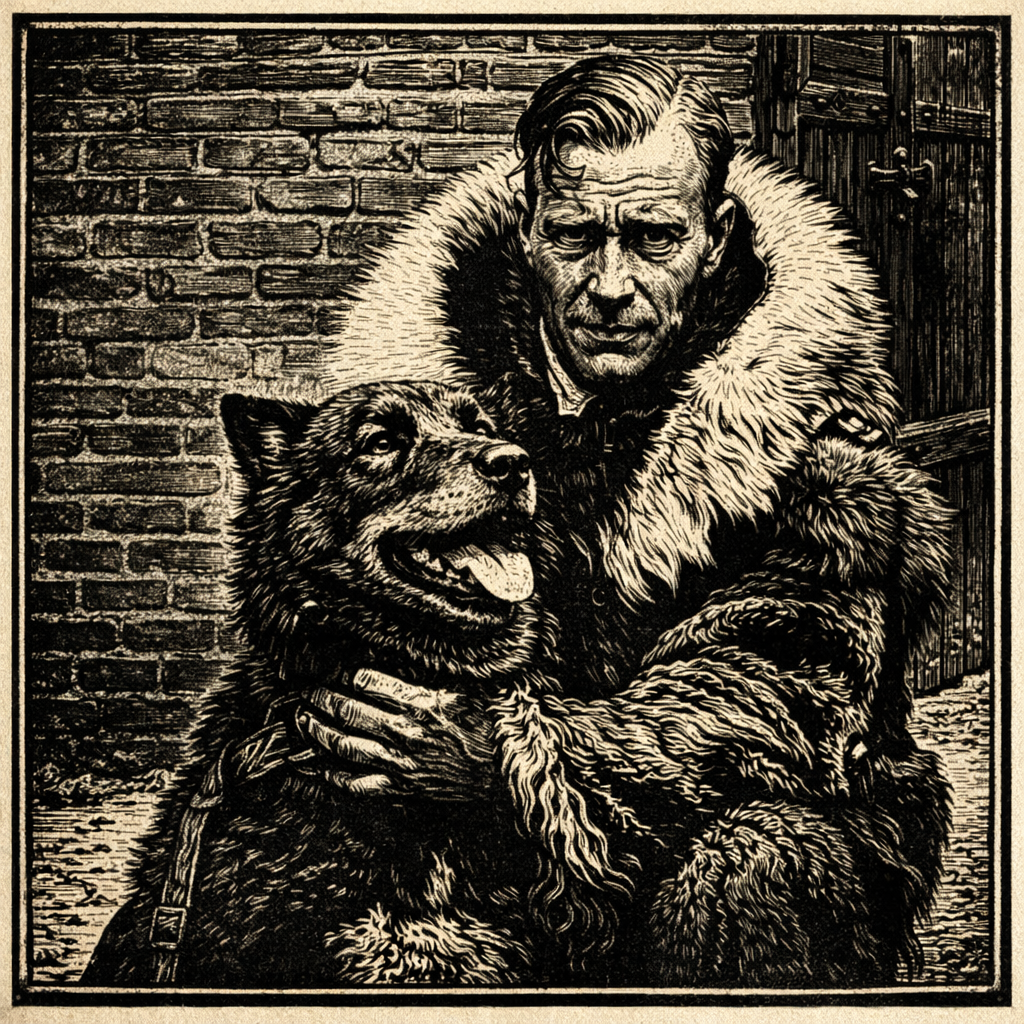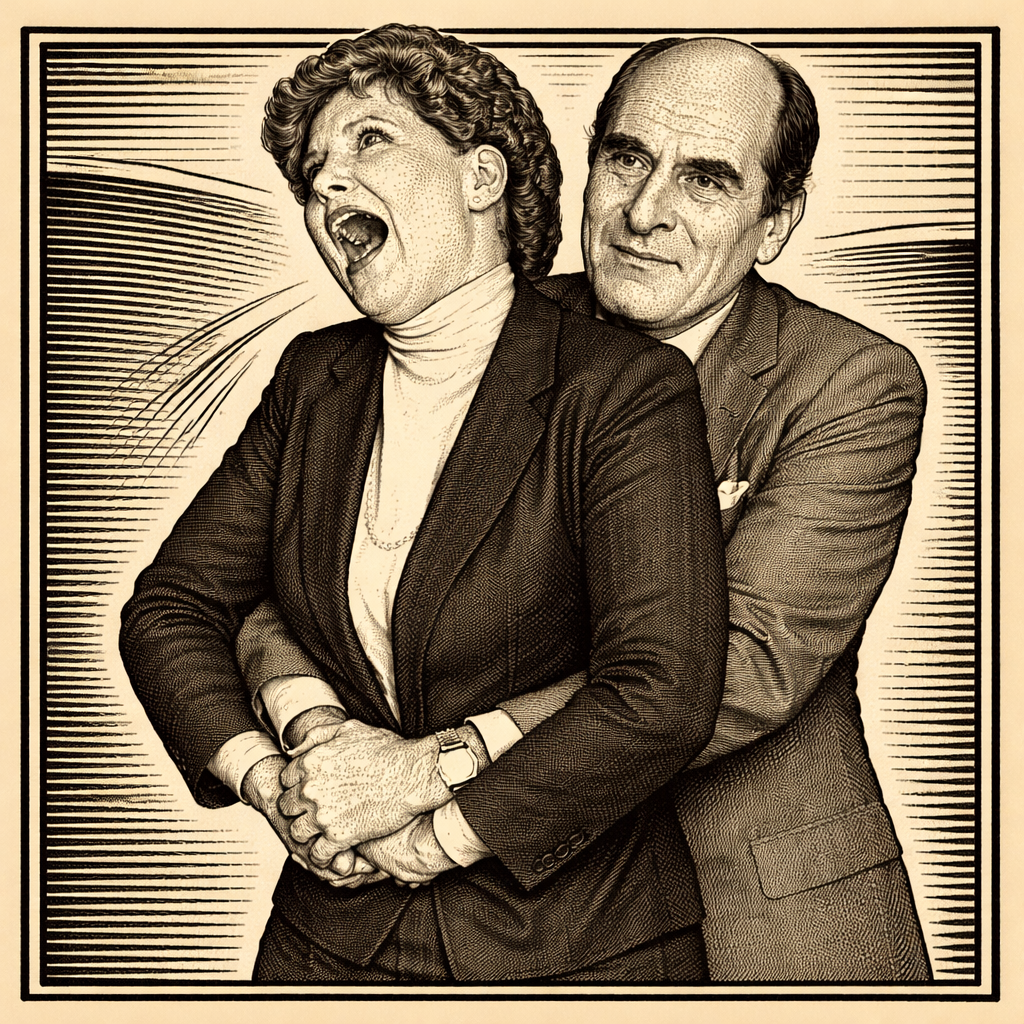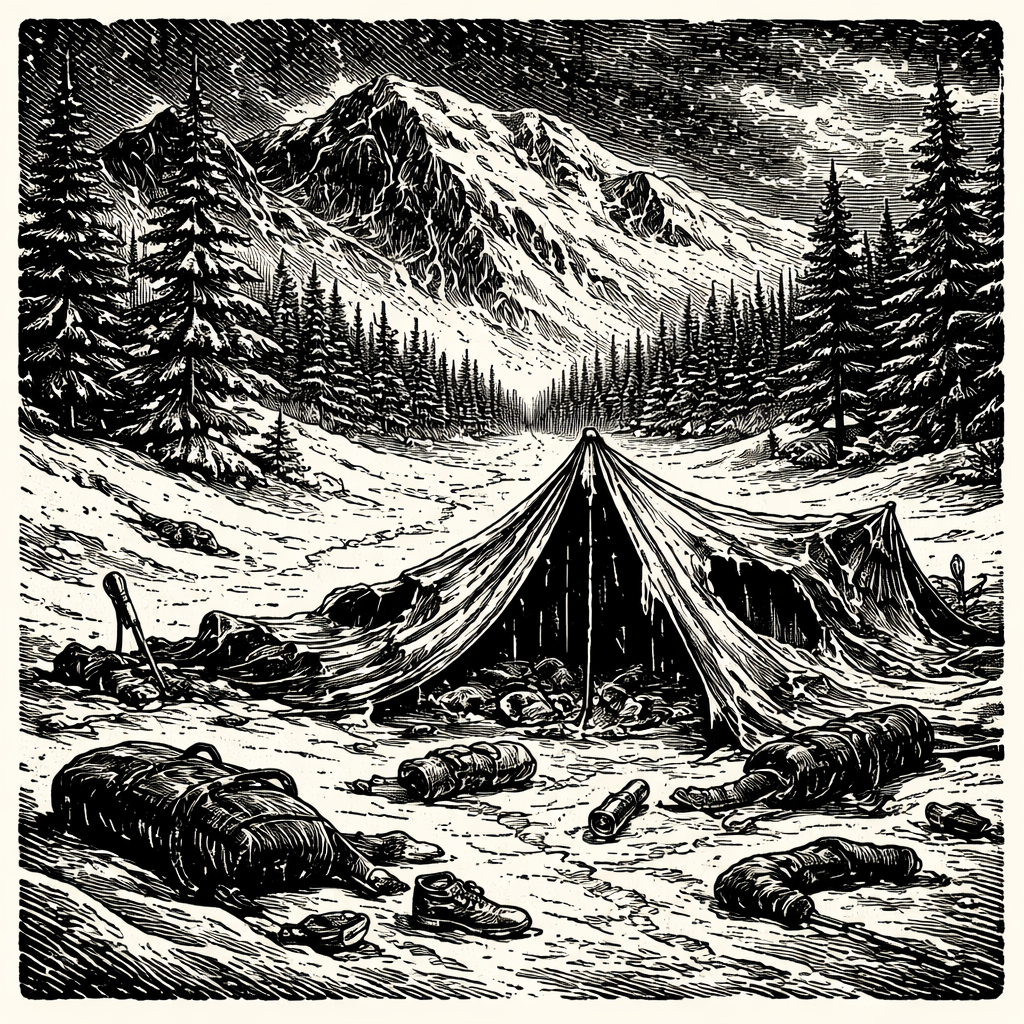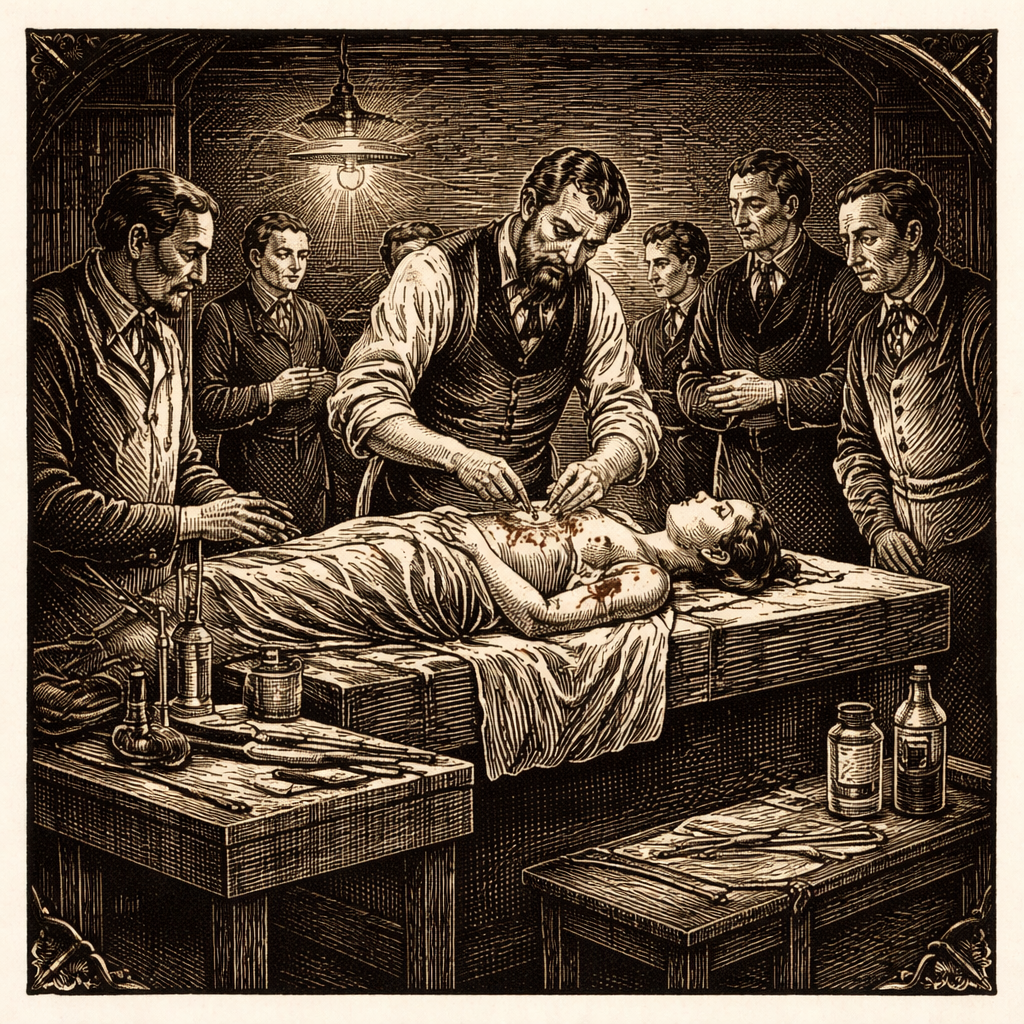Great Race of Mercy
February 2, 1925 - On this day a dogsled team pulled into Nome, completing a 674 mile journey across ice and snow to deliver a life-saving supply of diphtheria anti-toxin. One of the lead dogs, Balto, would became a national hero.
In 1925 Nome was a fading gold rush town with a little over a thousand residents. In the dead of winter it was snowbound and icebound with the only link to the outside world being the Iditarod Trail, a meandering sleddog route that crosses several mountain ranges and a vast wilderness.
Dr. Curtis Welch was Nome's only doctor, and in late December he started seeing an increase in cases of what he initially thought was tonsillitis. It turned out to be the first cases of a diphtheria epidemic. Diphtheria is an extremely contagious respiratory disease. The tell-tale symptoms include a swollen neck, sore throat, fever and fatigue.
By January 21st, five children had died and Dr. Welch sent this telegram:
An epidemic of diphtheria is almost inevitable here STOP I am in urgent need of one million units of diphtheria antitoxin STOP Mail is only form of transportation STOP I have made application to Commissioner of Health of the Territories for antitoxin already STOP There are about 3000 white natives in the district.
Due to the rapid transmission of the disease, the entire population of the area was at tremendous risk, and without the anti-toxin the mortality rate was close to 100%.
With ships and planes unable to operate in the record low temperatures, it was decided that a dogsled run along the mail route from Nenana would be the only option. 20 mushers and their teams of huskies would participate in the historic relay. The men and dogs faced horrific conditions. Many dogs perished and many mushers suffered frostbite as they encountered temperatures as low as 40 below zero. There was a collision with a reindeer, a sled flipped and the serum was temporarily lost in the snow.
After 127 hours the last team, led by Gunnar Kaasen and Balto, delivered the anti-toxin to Dr. Welch. The serum was thawed and within hours the doctor was administering doses. Thanks to the medicine, all of Dr. Welch's patients were cured.
The huge amount of publicity generated by the story is credited with raising awareness for inoculation campaigns that dramatically decreased the spread of diphtheria worldwide.
Gunnar Kaasen and his dog Balto received fame for their roles in the rescue, but many historians claim that musher Leonhard Seppala and his lead dog Togo were the biggest unsung heroes. Seppala and Togo carried the serum for 91 of the most treacherous miles along the route, which is more than twice the distance covered by any other team.





